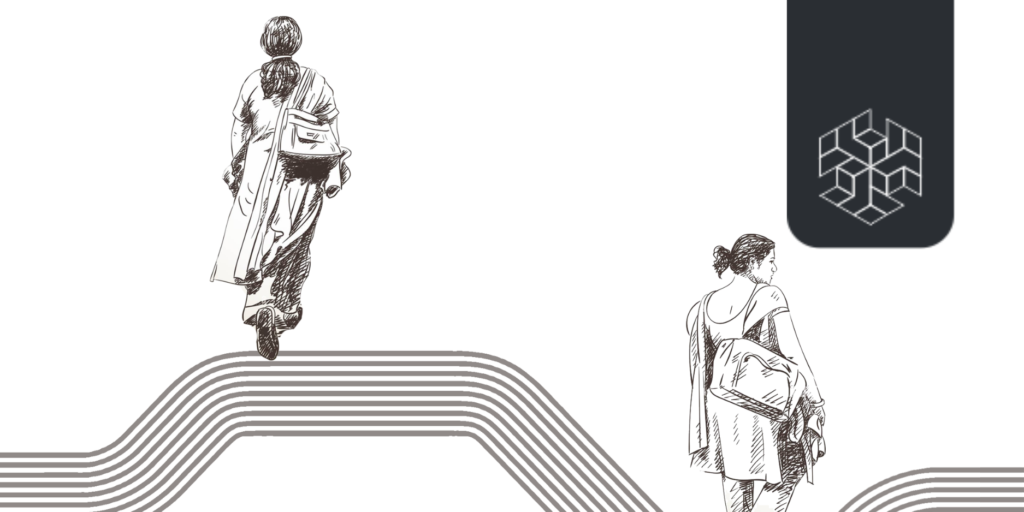Authored by Akshita Sharma
Edited by Kavita Majumdar
ABSTRACT
Despite carrying the disproportionate burden of poor Water, Sanitation and Hygiene (WASH) services, women are often excluded from policy planning and implementation efforts. Policies and programmes in WASH must not only be gender-sensitive, but also challenge gender norms, power inequities, and empower women to drive social transformation. In this context, this paper assesses how gender-responsive are India’s WASH policies and makes recommendations to address certain shortcomings.
INTRODUCTION
Typically, the household responsibilities of providing clean drinking water, proper sanitation and hygiene provisions to families fall on women and girls. These ‘care’ activities — including cooking, cleaning, caring for children, ill and elderly — often impede the progress of women that good education, health, income-earning capabilities, and socio-cultural participation can help them accomplish.
More than 50% of the Indian population do not have access to safely managed drinking water (UNICEF). Moreover, 42% of rural households travel every day to fetch drinking water, out of which 10.5% spend more than 30 minutes daily (Kapil 2019). Studies show that women and girls are burdened with the responsibility of walking miles to fetch water; furthermore, young girls do not enrol in or drop out of school to help their mothers in this task (Singh et al. 2020).
According to the ‘State of World’s Toilets’ report, 732 million people lacked access to basic sanitation in India in 2017 – the highest in the world (WaterAid 2017: 16). For those girls who are attending school, 23% drop out on reaching puberty because of their inability to access menstrual hygiene products and clean toilets and water (Dasra 2015: 15). In urban India, the absence of toilets or the presence of unhygienic and poorly-designed toilets restrict women from joining the workforce or continuing their employment (Ratho 2018). Figure 1 shows results from a Rapid Survey on Gender Norms, Sanitation and Hygiene conducted in 2016.
Besides the loss of education and opportunities to earn an income, women become particularly vulnerable to violence and sexual harassment when they have to travel long distances to fetch water, use public toilets, and practice open defecation. Studies show that women who practise open defecation are more likely to face non-partner sexual violence than those who have in-house sanitation facilities (Jadhav et al. 2016: 9).



